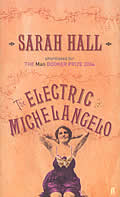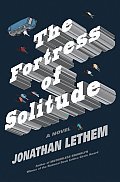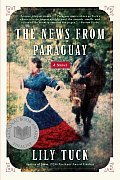
Jose Saramago is, if anything, an innovative story teller. Page after page, his novels unfold in surrealist scenes and schemes. His characters do things that many of us wish we did, wish we could do. In The History of the Siege of Lisbon, a gifted proofreader decides to place a Not in a history book, where a Yes was supposed to go. In the 12th Century the Portuguese king asked the Catholic Crusaders to help Portugal fight the Moors in an effort to regain Portugal. The Crusaders said Yes. Raimundo changed this Yes to Not. In essence, the proofreader was rewriting history. Something I have wished I could do. While Raimundo Silva waits for the editors to find the mistake, if they find the mistake, he's anxious, but not nervous; he's cautious, but not ashamed. He goes to the office more than usual, as like he says, a criminal revisiting the scene of the crime (I'm paraphrasing.) But it's not the scene of the crime, because Raimundo works from home, like writers do. He stays up late pouring over manuscripts, like writers do. And that's how the book turns. Raimundo's intentional infraction is found, but he isn't fired. The publisher values his proofreading skills too much. However, they have hired a head proofreader who will have final say on manuscripts. It's a woman and she changes Raimundo's life. She gives him the only copy of the history text that wasn't revised. Or more accurately the only copy that didn't have a "erratum." So, in fact, he has rewritten history, even if he, the author and the editors, especially Dr. Maria Sara are the only ones that know. Dr. Maria Sara then asks Raimundo to actually write his own book on the Siege of Lisbon as if the Crusaders actually didn't help the Portuguese. After saying no to her initial suggestion, Raimundo has reconsidered and has begun his book. He has yet to tell Dr. Maria Sara.
Reading Saramago is an experience for the narrative in itself. No quotation marks. No traditional paragraphs. No traditional conversations/dialogue. It's amazing that your mind is able to catch on so quickly the this change in form.






